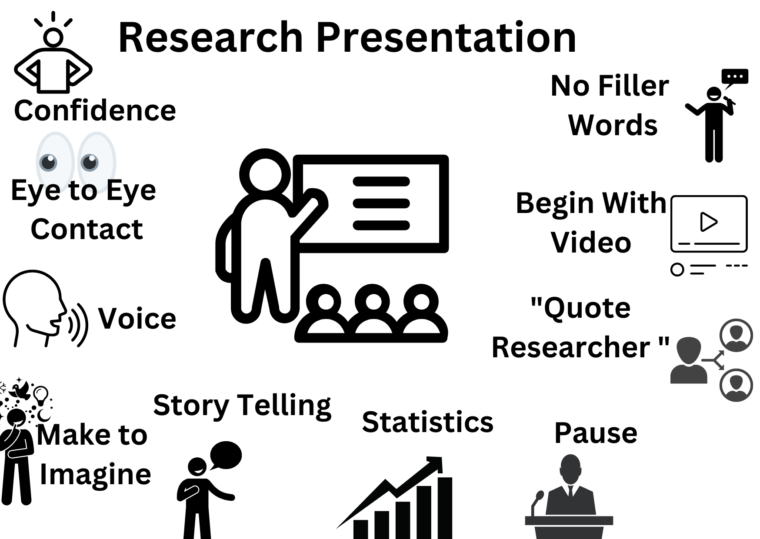Last month I got an email saying my research proposal got accepted for the International Congress of Psychology. Honestly? My first thought was “Oh crap, now I actually have to present this thing to hundreds of people.” I’d never done a big conference before, so I started Googling presentation tips like crazy.
How I Prepped My Slides
First, I dug up my old university PowerPoint deck. Looked at those text-heavy slides and immediately realized – nope, this won’t work at all. Wiped everything clean and started over. Made each slide show just one idea with huge pictures. Found this weird trick: I practiced in my bathroom mirror holding a hairbrush as a pretend microphone. Felt ridiculous but actually helped with my hand gestures.
Biggest struggle? Cutting down my 6-month research into 12 minutes. Had to kill so many precious details. My advisor told me: “If they care about the nitty-gritty, they’ll ask in Q&A or read your paper.” That saved me.
What Actually Worked
- Put my ugliest chart on screen and asked “What jumps out at you first?” Got people nodding immediately.
- Stopped every 3 slides to sip water – gave me breathers to check audience faces.
- Wore bright red shoes so I wouldn’t fidget nervously behind the podium.
Conference Day Disaster & Recovery
Got to the venue super early. Projector was this ancient machine that turned my slides green. Almost panicked when my clicker died mid-presentation. Just walked closer to the screen and pointed at stuff like a tour guide. Turned out people remembered those unplanned moments better than my polished slides!

Afterwards, this German professor came up saying he loved how I explained statistical modeling using pizza toppings analogy. Moral? Fancy terms scare people – but everyone understands pizza.
My Takeaway Cheat Sheet
- Print backup slides on paper – tech WILL fail
- Make eye contact with one friendly face per section
- If voice shakes, slow down and drop vocal pitch
- End 2 minutes early for questions – they always run over
Biggest surprise? My “messy” live demo got way more Twitter mentions than the keynote speakers’ perfect TED-style talks. Guess people like seeing real humans up there after all.

